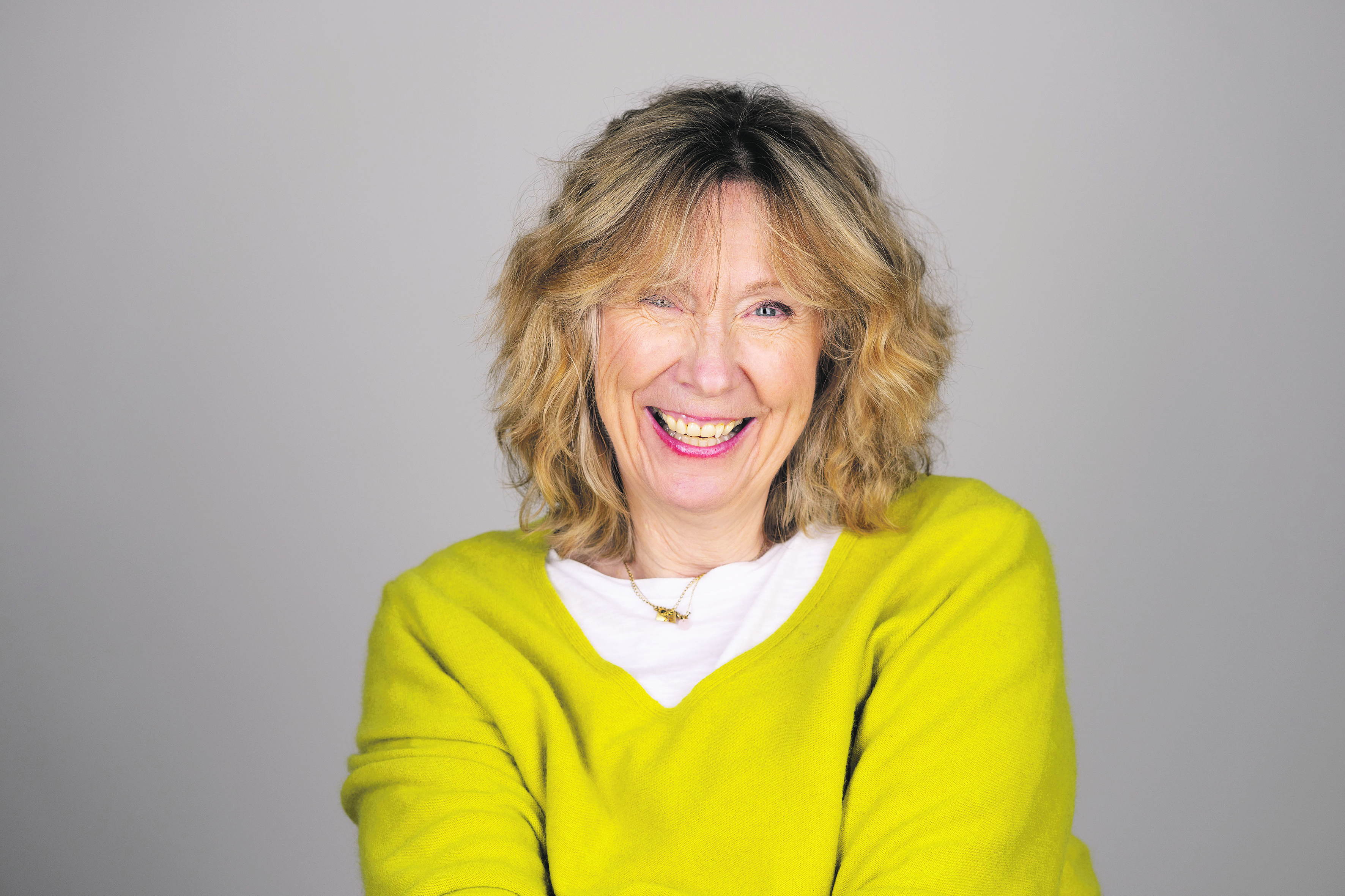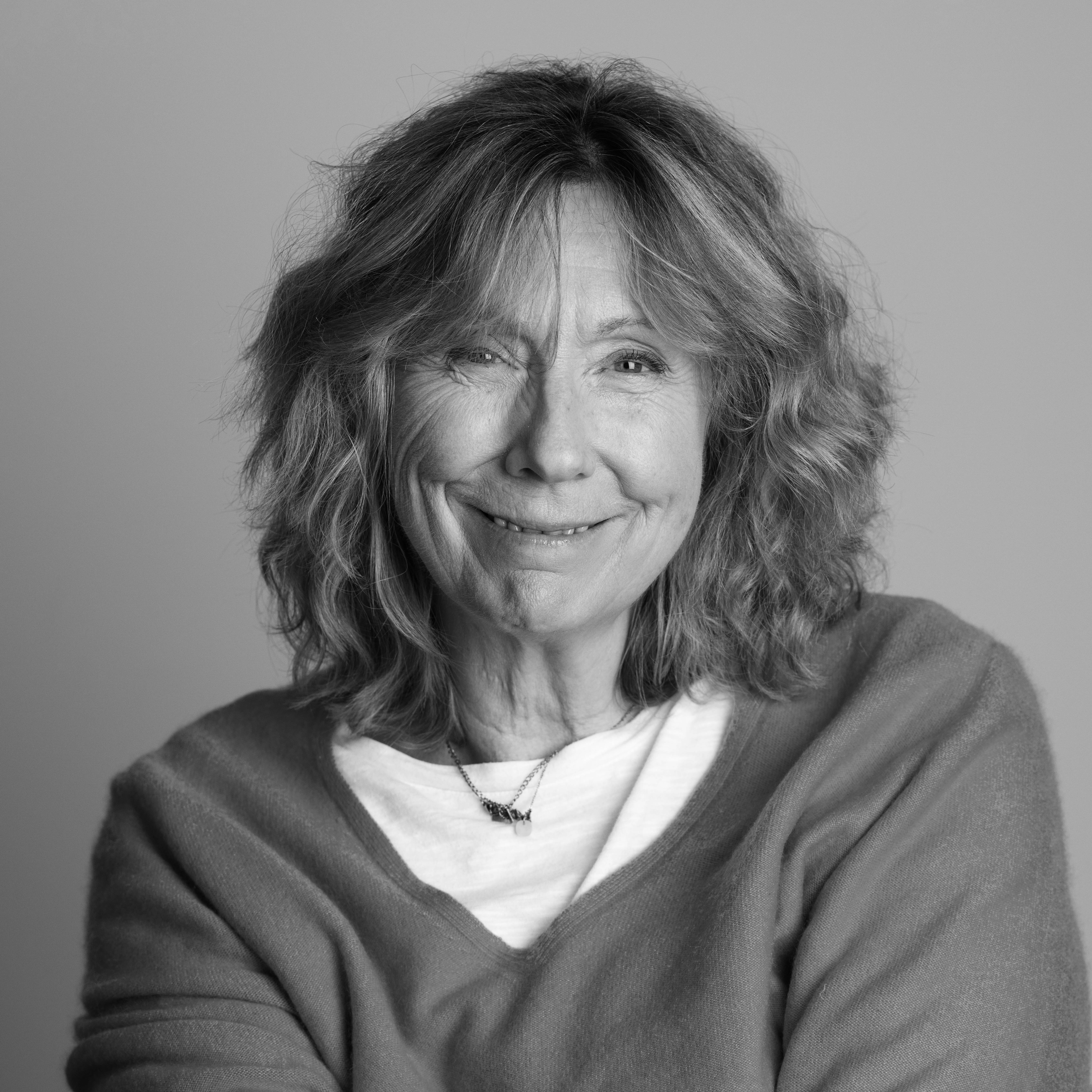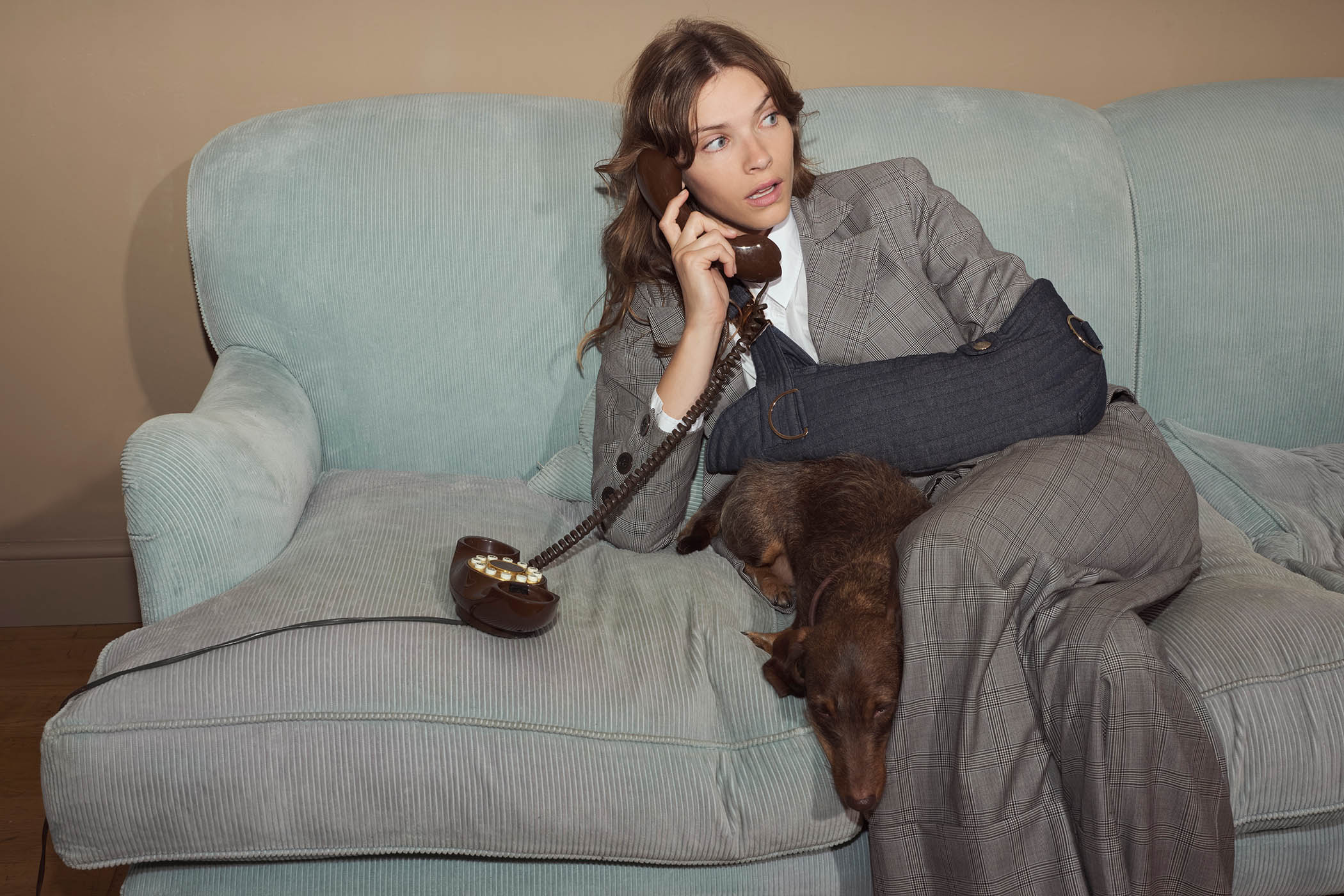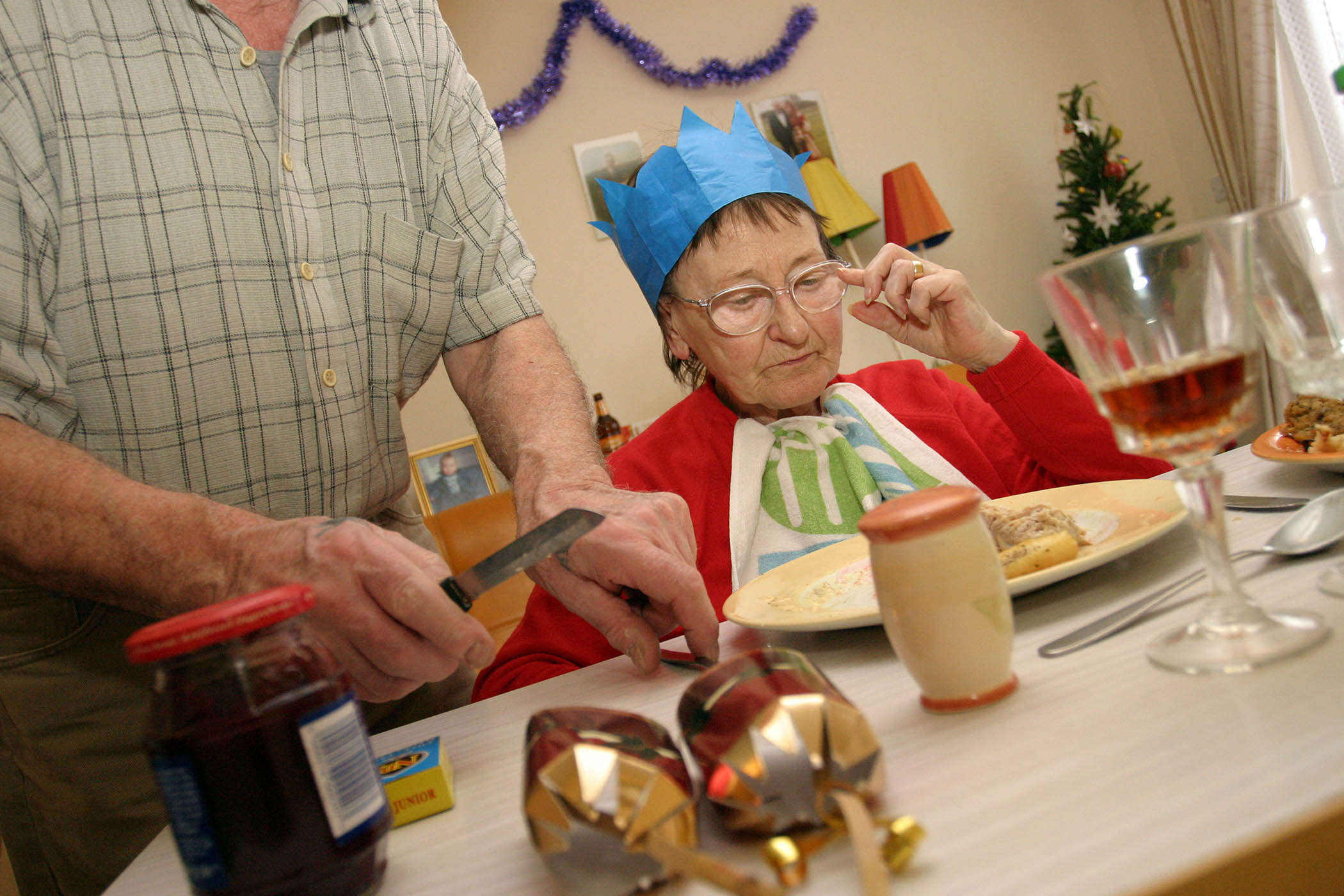"Never sick or sorry." When I was a pony-mad kid, that’s how small ads described horses for sale: archaic shorthand from a time when the value of animals and people lay in their suitability for work or war.
Occasionally, I’ve chewed on that memory. I’ve had time enough. It’s 15 years since I fell off my horse at a leisure event, landed head-first, broke my neck and was transformed from a wannabe superwoman into the sickest and sorriest of creatures.
Had I been the horse, of course, I would have been dispatched on the spot and hauled off to the knacker’s yard. I’ve thought about that too.
At the time of my accident, I was at the top of my game, professionally and physically. Forgive me – the when-I club is all I have left now. Grant me this poignant humblebrag. At 52 I was tall, strong and can-do, fitter than I’d ever been, running 10Ks, attending exercise classes. My career was flourishing, my self-esteem higher than ever before. And yes, mistress of my universe, I was physically arrogant. And complacent. I expected to carry on having a good life for as long as it suited me.
But don’t most of us? Life resembles travelling by train. It’s statistically safe; we assume we’ll get there. Those of us who grow up insulated from real hardship expect to glide into retirement and healthy, comfortable old age – holidays, good books, inheritance tax strategies, learning Finnish, hanging out in man sheds, voluntary work. Emptying our accounts of those fabulous boomer benefits.
Scratch our skin, and even the most altruistic of us bleeds a little self-satisfied.
Like a train derailment, however, life can jump out and attack you. And when it does, boy, it’s indescribably tough. I stayed alive but lost my body. Ever since, I’ve been trying to accept what happened (not managed yet), laughing mordantly, crying prodigiously and learning a new life like an infant.
Infants grow up to be functional and useful, though. Not me. Tetraplegia left me with a small number of working bits – my head, my right arm, my right thumb (partially but enough to grip, so it’s a gamechanger) and my left arm (but not my hand) a little. That’s precious Old Me; New Me is the remainder of my body – the paralysed, spasming, doubly incontinent and wholly uncooperative bit that I am forced to tend during the day and drag everywhere I go. My solution was cynicism. Dark humour. Nobody who takes professional offence on behalf of disabled people – and there are many – should ever enter the company of the spinally injured. For the crip jokes are spectacular. Normal rules do not apply in the community of the damned.
Physical dependency, the ultimate leveller, brings the ultimate humbling
Physical dependency, the ultimate leveller, brings the ultimate humbling
Lost bodies, lost identities, lost agency. Abrupt, profound disability, be it by amputation, disease or random event, is the weirdest of bereavements. Can we face going on? Some can’t – and that’s their absolute right. Should we share the same disability classification as one in four of the general population (dodgy figures courtesy of the Department for Work and Pensions’ Family Resources Survey), along with those with anxiety or mild autism? Or should we embrace what’s happened to us and accuse the whole world of ableism? Hell, no.
Physical dependency, the ultimate leveller, brings the ultimate humbling. I rely on carers to help me wash and dress in bed of a morning, or negotiate the sideways transfer on to my hated shower wheelchair. I have learned, my heart permanently enlarged with gratitude, of their compassion and humanity. They are scarce, cheery, dedicated people – usually women – eternally overlooked, doing the shittiest of jobs for the lowest wages.
Newsletters
Choose the newsletters you want to receive
View more
For information about how The Observer protects your data, read our Privacy Policy
“Four words,” said one of mine, a force of nature with a laugh like Muttley’s. “Don’t upset the carer.” It’s a rule I live my life by.
These are some of the issues I hope to explore in this fortnightly column, a voice from the parallel world below. Because away from the media, Instagram, billboards, TV and the happy, shiny people exists a silent, invisible army of the damaged, surviving as best they can.
My husband was for many years my unpaid caregiver. Carers UK says there are 5.8 million like him, of whom 1.7 million provide 50 or more care hours a week. In the years after my accident, once my morning lady had got me up into a wheelchair, he did everything during the day and put me to bed at night. When I first came home from hospital, to an unsuitable cottage with seven ramps, I found myself powerless, permanently in supplication. “Could you?” “Would you?” “Please pass me…” I hated it. He said he didn’t mind, as long as he could still escape to the pub.
Over the years, I became less of a burden. I learned how to drive again. I can cook – just. I could still write and earn. But always I lived with jeopardy – falling, getting stuck – and always he was there to cope. Retired, gregarious and carefree, he found the responsibility heavy, though he never complained. He used to wake at night dreaming I had fallen.
Then came the moment when even humour failed. In July 2023, after a lockdown isolated from a social life, my husband was diagnosed with Alzheimer’s. “Don’t ever take up selling white heather, Mel,” remarked a colleague.
A drug called donepezil helped for about nine months. Slowly our roles reversed – together we became one functional body and one functional brain. Last November, as things got more difficult, I gave up work to become the (slow and rather scared) primary caregiver. We moved into accessible accommodation, which we had built in the garden. Nonexistent suitable housing: another huge issue.
We are now coping with a ghastly Alzheimer’s syndrome called sundowning, which sounds like a Caribbean cocktail but is, believe me, less fun. But more of that next time. Put it this way, I definitely have no time to be sick or sorry.



